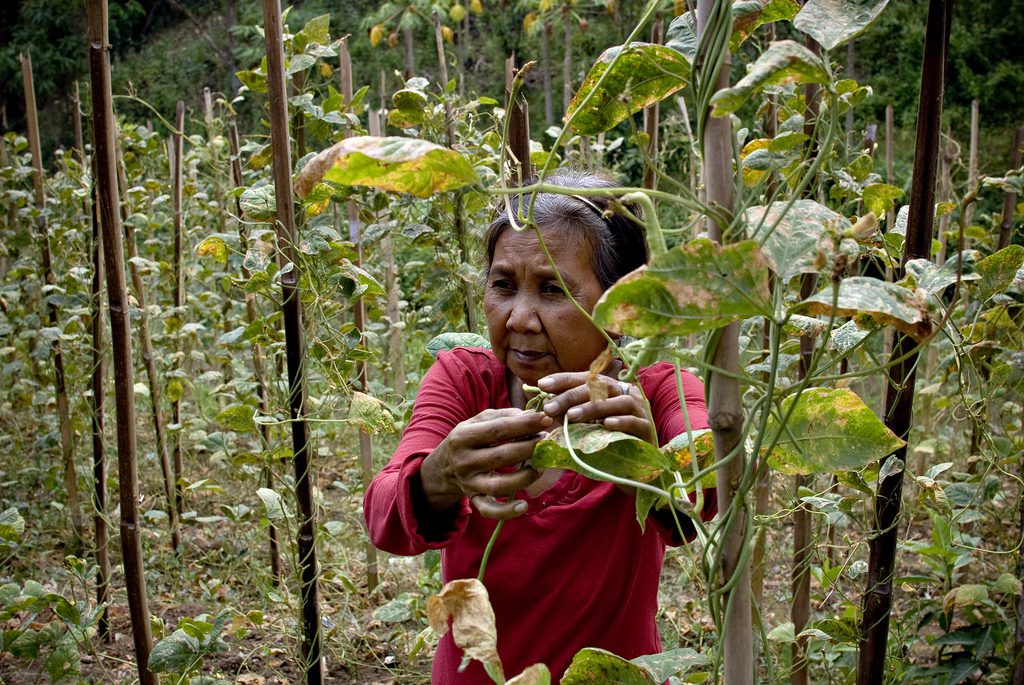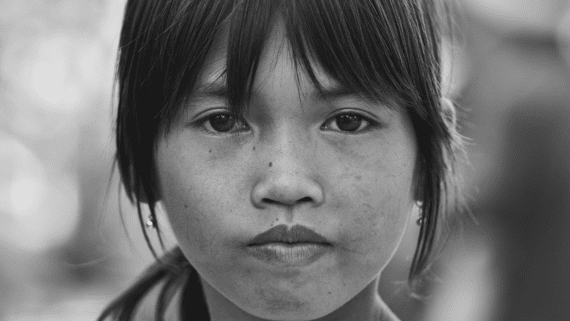By Faustine Wabwire, Bread for the World Institute
Two things make 2015 a watershed for global development and U.S. foreign assistance. First, in September world leaders adopted a new set of the Sustainable Development Goals (SDGs). We know that this is an ambitious plan. But we also know that in order to end hunger and poverty, all of us must now do our part to ensure that U.S. foreign assistance and other development resources meet the needs of hungry and poor people around the world.
Second, on October 20, 2015, U.S. Reps. Ted Poe (R-Texas) and Gerry Connolly (D-Va.), and Sens. Marco Rubio (R-Fla.) and Ben Cardin (D-Md.) introduced the Foreign Aid Transparency and Accountability Act of 2015 (H.R. 3766 and S. 2184). Specifically, these bills direct the president to 1) establish and implement uniform monitoring and evaluation guidelines with measurable goals, performance metrics and monitoring and evaluation plans across U.S. international development and economic assistance programs; and 2) require the Secretary of State to ensure the Foreign Assistance.gov website contains detailed information regarding U.S. foreign assistance on a program-by-program and country-by-country basis that is updated quarterly.
The re-introduction of this bill with bipartisan support is a sign that the executive branch and Congress can establish a constructive partnership on aid reform. By strengthening its commitment to monitoring and evaluation and transparency, the U.S. government can better allocate aid resources and be held accountable by a range of stakeholders. It would ensure that best practices in monitoring and evaluation for development results are adopted more broadly and that every taxpayer dollar contributes to the overarching goal of creating conditions where U.S. foreign aid is no longer needed.
Over the years, Bread for the World and its members have sought to improve U.S foreign assistance by emphasizing a stronger focus on reducing poverty, clearer accountability for how U.S dollars are spent and their results, and listening to the needs of local people in developing countries. Our advocacy has paid off. The U.S. government is making strides in reforming foreign assistance with a more strategic focus, greater transparency, and better accountability for results. Open data, transparent and accountable systems are all necessary to achieve the ambitious goals of ending hunger and poverty by 2030.
Faustine Wabwire is the senior foreign assistance policy analyst at Bread for the World Institute.
Photo: Woman farmer in the Philippines. Bread for the World.



